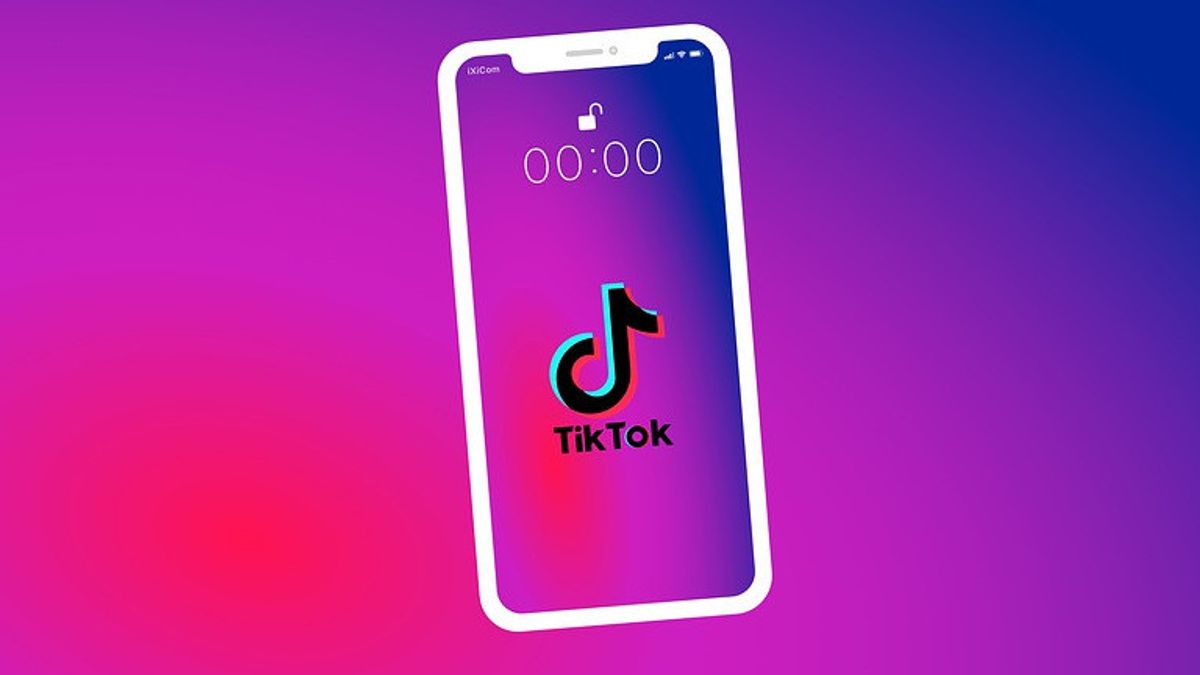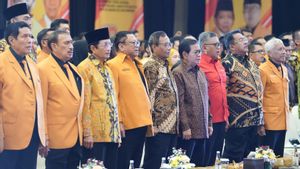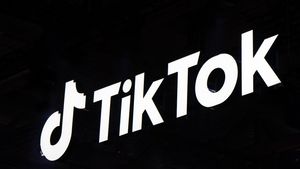JAKARTA - The former head of the game unit at the giant company TikTok, Jason Fung, has now launched a blockchain game startup with one of his colleagues. This was revealed in an interview with Reuters. The launch comes as the buzz around blockchain gaming is now growing while heavyweights in the sector remain vigilant due to the current crypto crisis.
The 34-year-old left TikTok last month, after two years with the company. His departure comes as TikTok and its Chinese owner, ByteDance, are aggressively expanding into the $300 billion global gaming market. This expansion is to face its rival, Tencent Holdings.
It also reflects the growing interest among entrepreneurs and investors in blockchain gaming – a new generation of online games built on blockchain that allow players to trade goods in the form of non-fungible tokens (NFT).
Fung, whose new venture is called Meta0, said he left TikTok after seeing an opportunity to offer a solution to the disparate nature of the infrastructure options available to developers looking to build blockchain games.
"Right now, if you look at any developer when they implement NFT or blockchain in their game, they have to choose one blockchain, whether it's Polygon or Solana or Binance Smart Chain. But imagine a more interoperable option," he told Reuters in Hong Kong, refers to the existing popular blockchain.
"So we decided, let's do it. Let's start this company together. Let's leave my comfortable corporate life on TikTok and take a big risk," said Fung, who is based in Shenzhen and has reported to TikTok's chief operating officer, Vanessa Pappas.
"Meta0's founding team consists of six members in addition to the two co-founders, and the company has closed its first round of funding," Fung said.
He declined to disclose details of the other founders, other team members, or investments. He said the company was looking at ways to raise funds through token issuance, as well as from venture capitalists and strategic investors.
Proponents of blockchain games say they will disrupt the existing gaming industry as cryptocurrencies can make virtual items more transactable and even distribute game ownership to players.
But blockchain gaming is sometimes also associated with fraud, and the virtual economy of some games has collapsed as soon as players buy.
Most of the established gaming companies like Tencent, Sony and Microsoft have not shown any interest in getting into the blockchain gaming market.
Fung, as TikTok's head of global strategy and operations for games, was previously tasked with expanding game content and testing new features such as hosting mini-games in the app.
TikTok and ByteDance expanded aggressively into gaming during Fung's tenure, with ByteDance's acquisitions including the $4 billion purchase of game studio Moonton. Even TikTok has now tried the mini-game feature in its app.
This effort has experienced various things, both successes and setbacks. Last month, data tracking company Sensor Tower said ByteDance's mobile game portfolio has generated more than $1 billion in revenue worldwide over the past 12 months.
However, ByteDance also disbanded Shanghai-based 101 Studio last month. Even laid off half of the more than 300 staff. A product of Mokun Technology's 2019 acquisition, 101 Studio is the first development unit that ByteDance has closed due to difficulty performing.
Fung, who led the e-sports unit at Alibaba Group Holding and Electronic Arts in Asia before joining TikTok, declined to comment when asked about who might replace him at TikTok.
Despite the concerns of some industries, it is blockchain gaming that has become one of the hottest investment trends discussed by crypto tycoons from Silicon Valley to Dubai.
Prior to the recent crypto market crash, the blockchain gaming industry had raised a record 1.2 billion US dollars in the first quarter, according to a report by investment banking firm Drake Star Partners in April. Last year, a total of US$3.6 billion was raised for this sector.
“We have built a protocol for game developers, and we are taking a flexible blockchain agnostic approach to their game development,” said Fung, while discussing future prospects for blockchain games.
"With the protocol we developed, developers can easily build on their gaming power from multiple blockchains, and allow users to transfer flexibility across their NFT chains," he added.
The English, Chinese, Japanese, Arabic, and French versions are automatically generated by the AI. So there may still be inaccuracies in translating, please always see Indonesian as our main language. (system supported by DigitalSiber.id)








